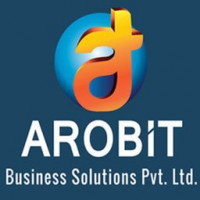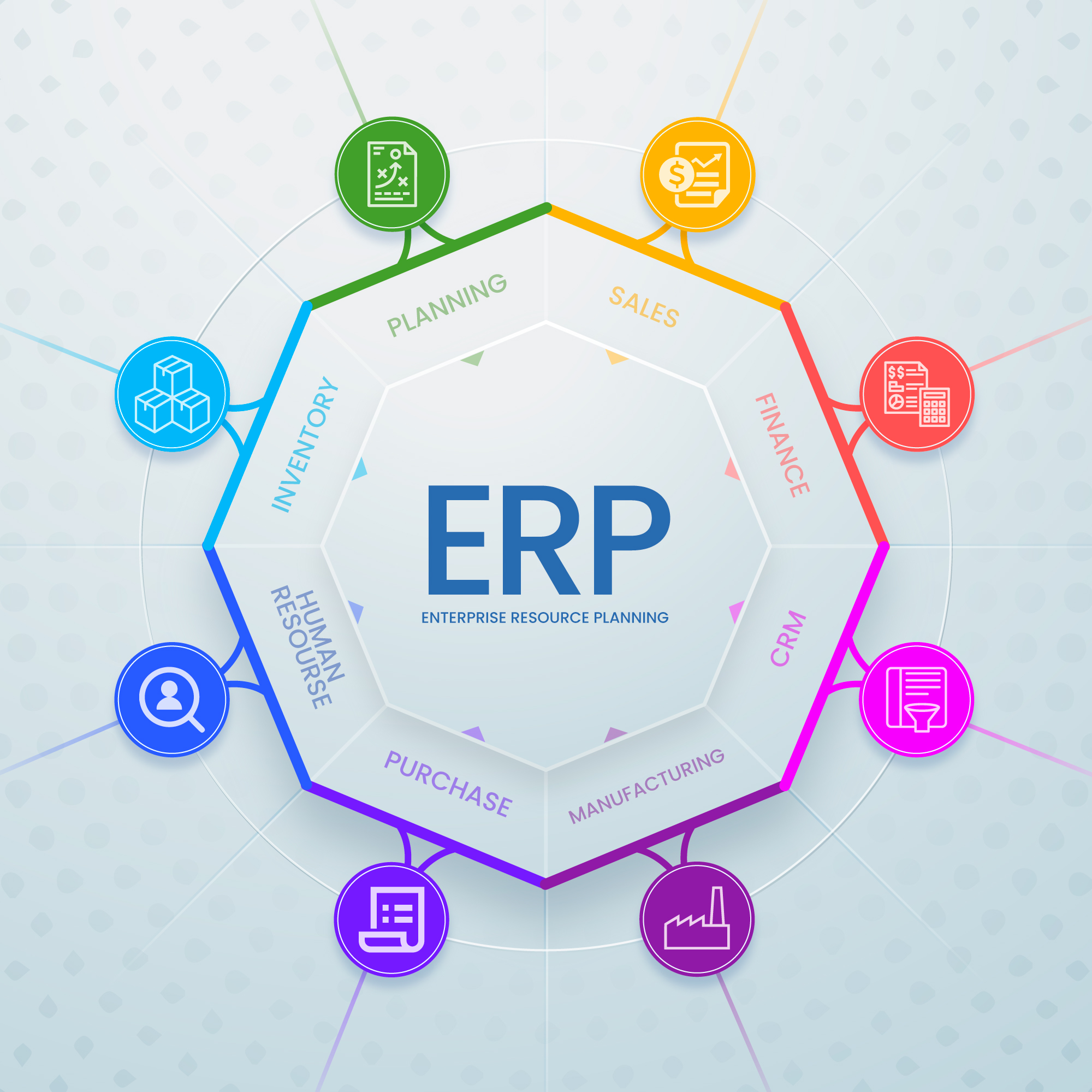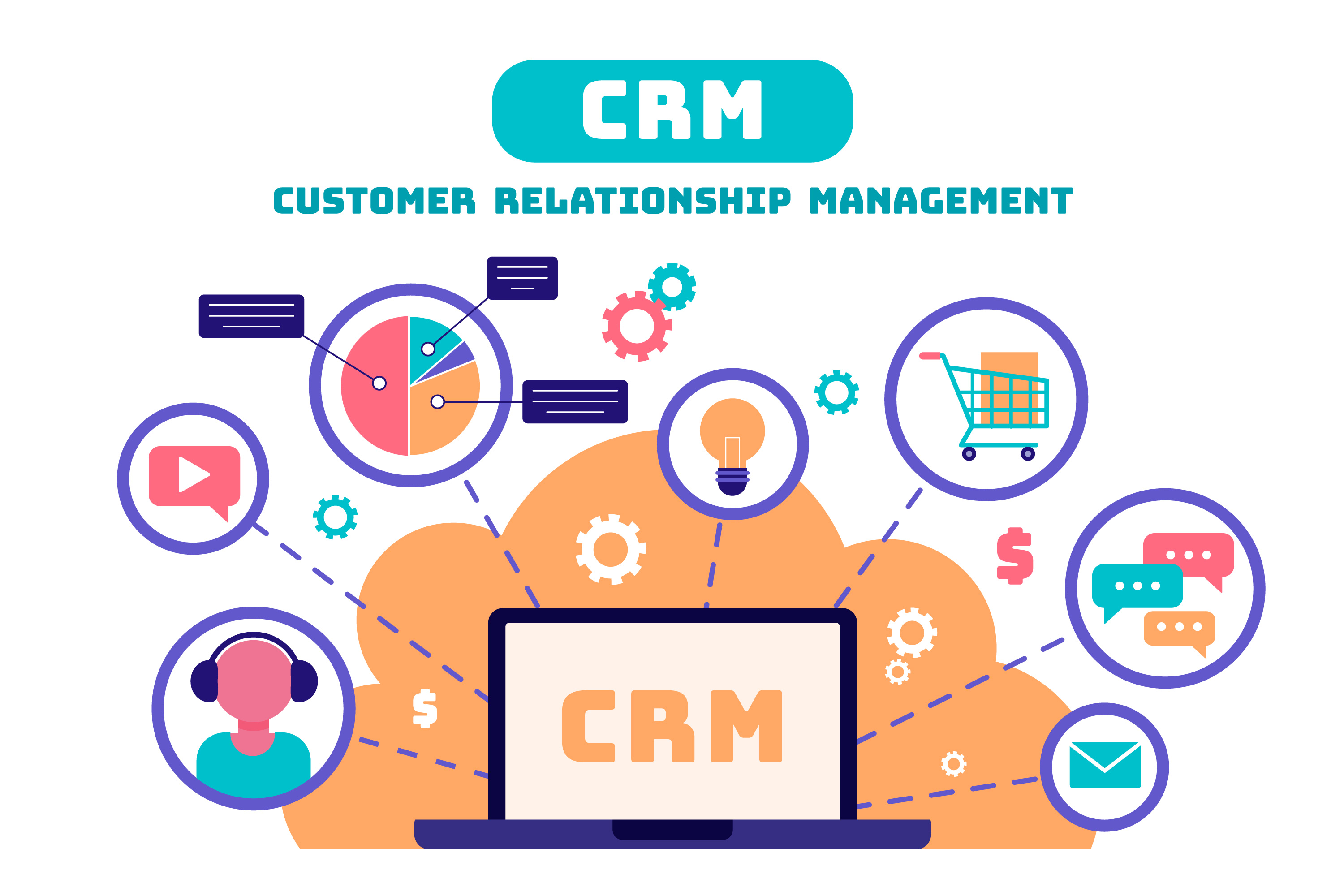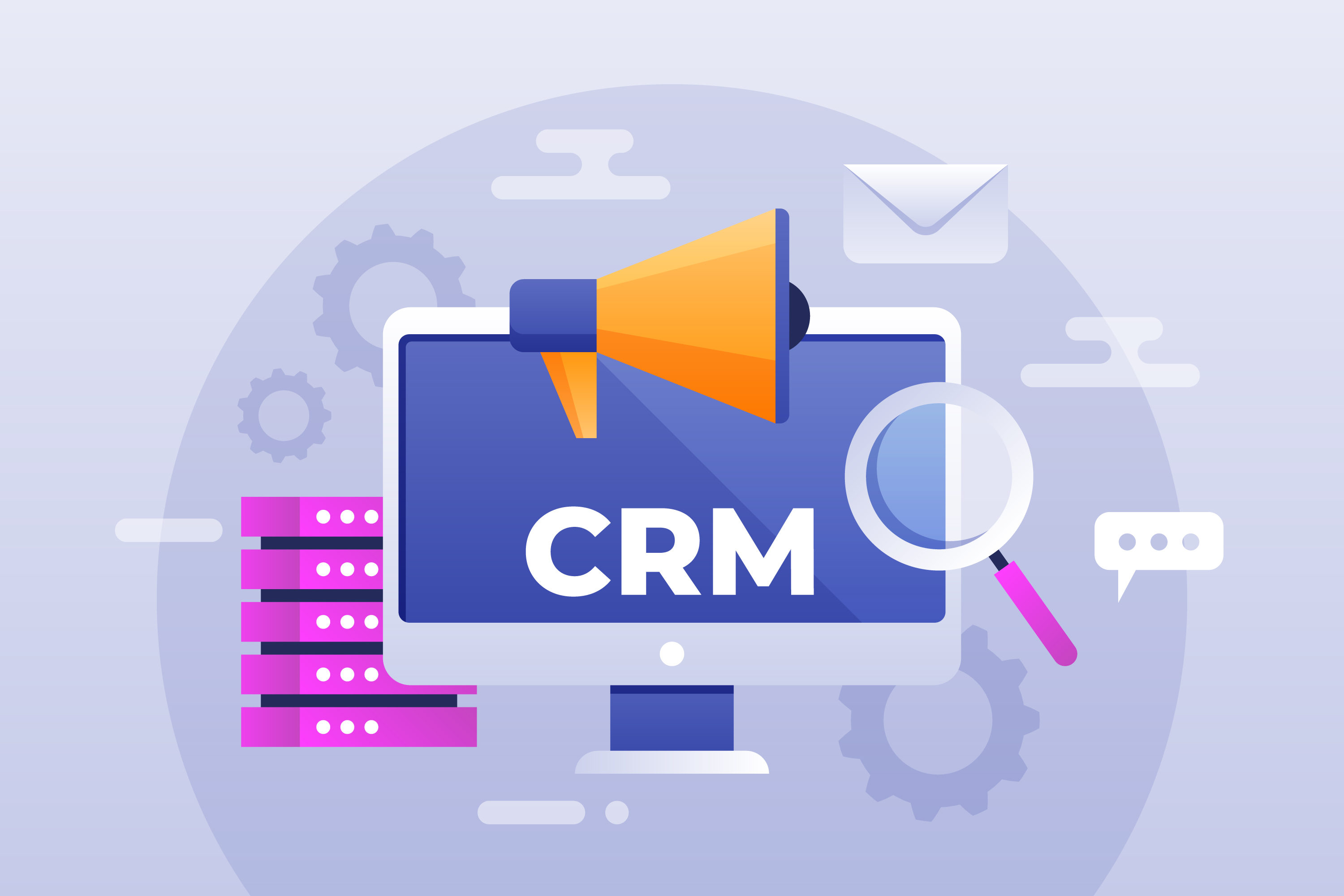Cloud vs. On-Premise CRM: Which is the Best CRM Software in India?
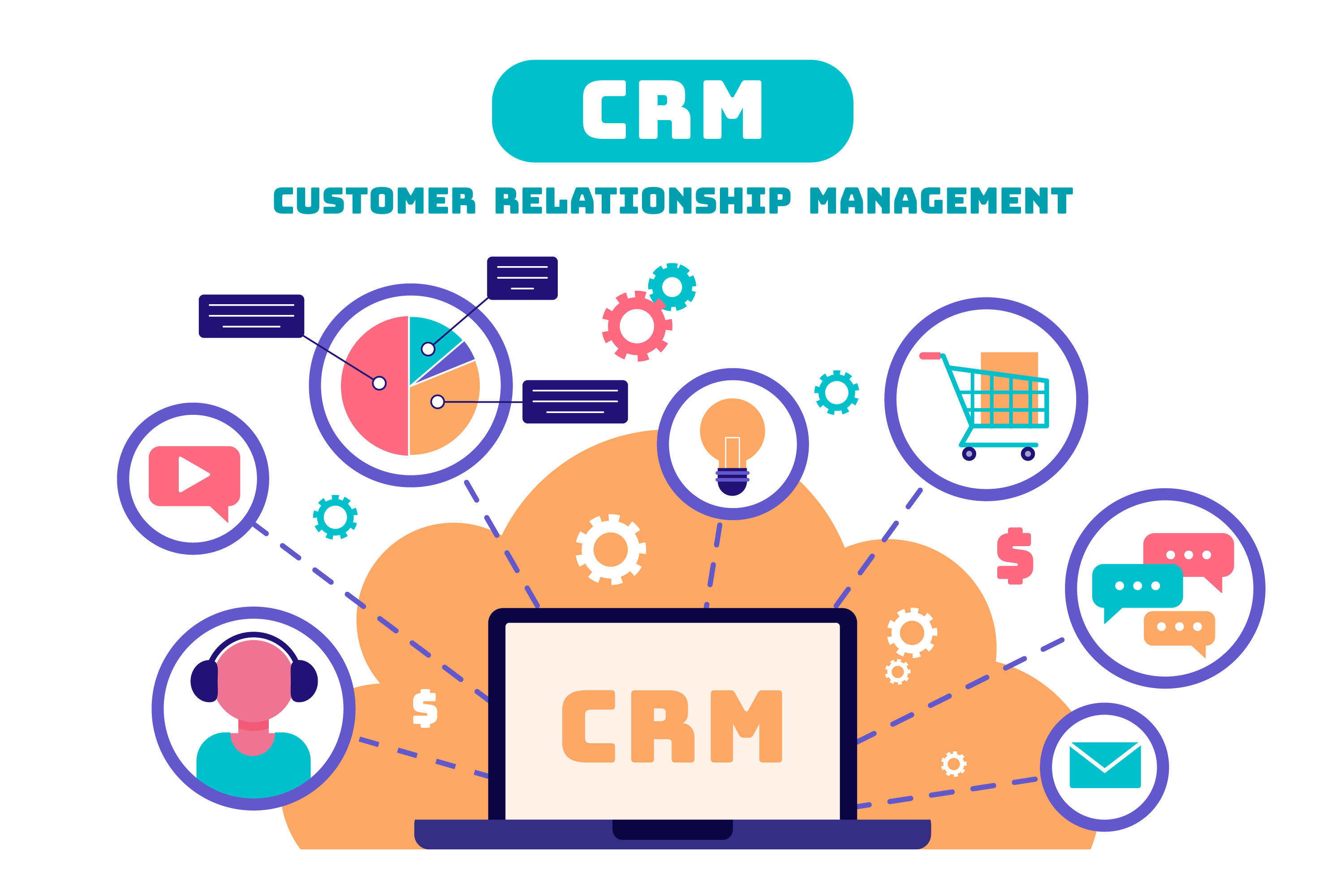
In 2025, the CRM market in India is projected to grow by 18%, driven by the increasing demand for efficient customer management tools. Businesses across industries are adopting CRM solutions to enhance customer retention, streamline operations, and boost sales. However, a critical decision for businesses is choosing between cloud-based and on-premise CRM software. This article explores both options to help determine which qualifies as the best CRM software in India.
What is Cloud CRM?
A cloud CRM is hosted on remote servers and accessed through the internet. It offers flexibility and scalability, making it suitable for businesses of all sizes.
Advantages of Cloud CRM:
- Ease of Access: Accessible anytime, anywhere, through any device with internet connectivity.
- Cost-Effective: Subscription-based pricing eliminates the need for heavy upfront investments.
- Scalability: Can grow with the business by adding users or expanding features.
- Regular Updates: Providers handle updates, ensuring the system is always up-to-date.
- Data Backup and Recovery: Automated backups minimize data loss risks.
Drawbacks of Cloud CRM:
- Recurring Costs: Monthly or annual subscription fees can add up over time.
- Internet Dependency: Requires a stable internet connection for seamless usage.
What is On-Premise CRM?
An on-premise CRM is installed on a company’s local servers and managed by in-house IT teams.
Advantages of On-Premise CRM:
- Data Control: Offers complete control over data storage and security.
- Customization: Highly customizable to meet specific business requirements.
- No Recurring Fees: One-time purchase cost without ongoing subscription charges.
Drawbacks of On-Premise CRM:
- High Initial Costs: Requires significant investment in hardware and licenses.
- Limited Accessibility: Accessible only within the organization’s network.
- Maintenance Responsibility: IT teams must manage updates, backups, and troubleshooting.
Key Comparison Points
Cost:
- Cloud CRM: Affordable upfront, but recurring subscription fees can increase costs over time.
- On-Premise CRM: Higher upfront costs, but no recurring subscription fees.
Scalability:
- Cloud CRM: Easily scalable to match business growth.
- On-Premise CRM: Scaling requires additional hardware and licenses.
Security:
- Cloud CRM: Relies on the provider’s security measures.
- On-Premise CRM: Offers full control over data security but requires robust internal systems.
Implementation Time:
- Cloud CRM: Quick setup and deployment.
- On-Premise CRM: Longer implementation time due to infrastructure setup.
Maintenance:
- Cloud CRM: Maintenance handled by the provider.
- On-Premise CRM: Requires in-house IT teams for maintenance.
Which is the Best CRM Software in India?
The choice depends on business needs, size, and priorities. For small and medium-sized enterprises (SMEs) seeking cost-effective and scalable solutions, cloud-based CRMs are ideal. On the other hand, large enterprises with specific customization and data security requirements may prefer on-premise CRMs.
Some of the best CRM software in India include:
- Zoho CRM: A cloud-based CRM designed for SMEs with affordable pricing and robust features.
- Salesforce: A global leader offering cloud CRM solutions suitable for businesses of all sizes.
- Freshsales: An intuitive platform catering to Indian businesses with scalable options.
- Microsoft Dynamics 365: Provides both cloud and on-premise options with advanced customization.
- TallyPrime CRM: A preferred choice for SMEs with on-premise capabilities.
Conclusion
Both cloud and on-premise CRMs have their strengths and limitations. The decision should align with a business’s budget, scalability needs, and security preferences. As the demand for the best CRM software in India continues to grow, businesses must carefully evaluate their requirements to choose a solution that drives long-term success. Investing in the right CRM ensures streamlined operations, improved customer relationships, and a competitive edge in India’s dynamic market.
Note: IndiBlogHub features both user-submitted and editorial content. We do not verify third-party contributions. Read our Disclaimer and Privacy Policyfor details.

